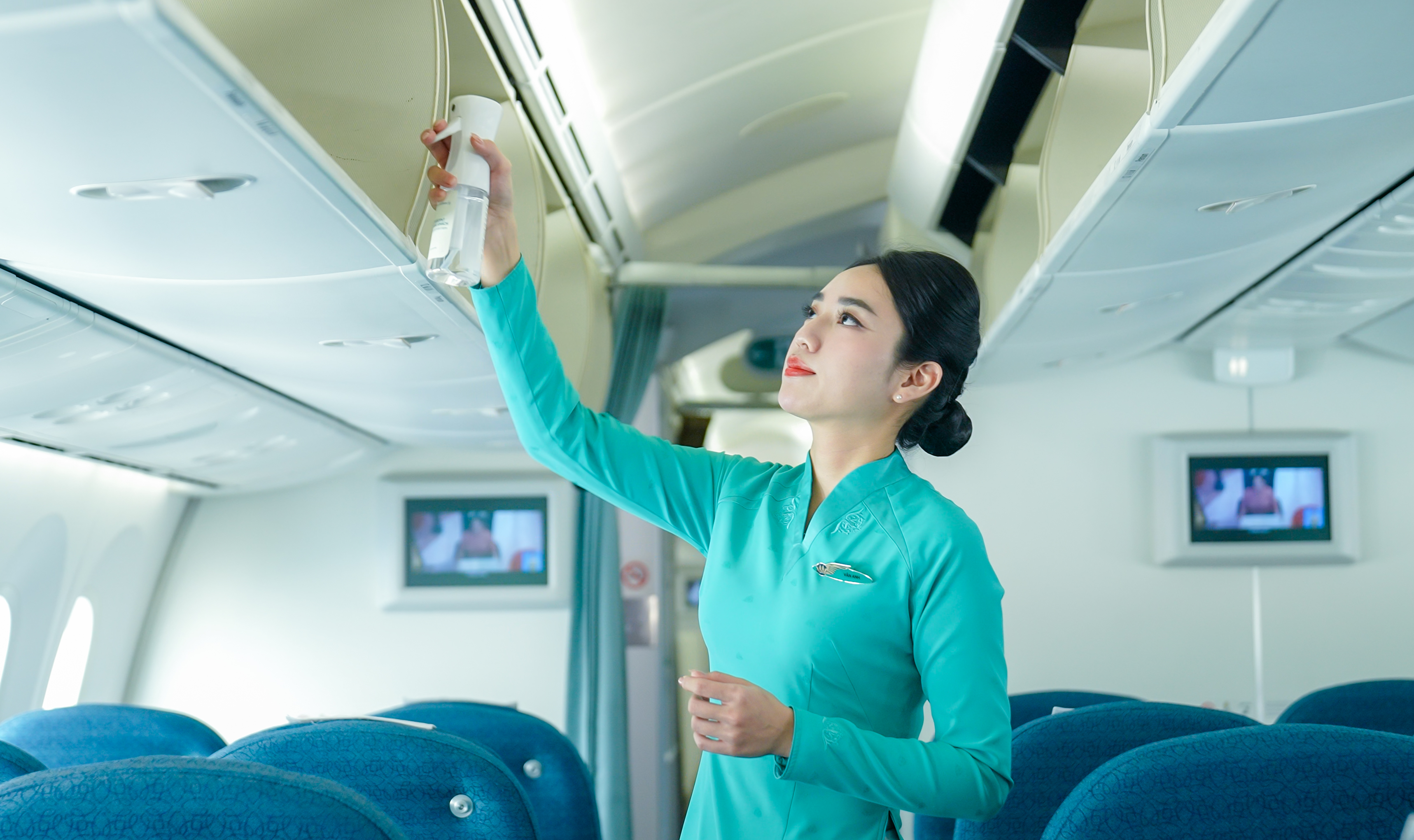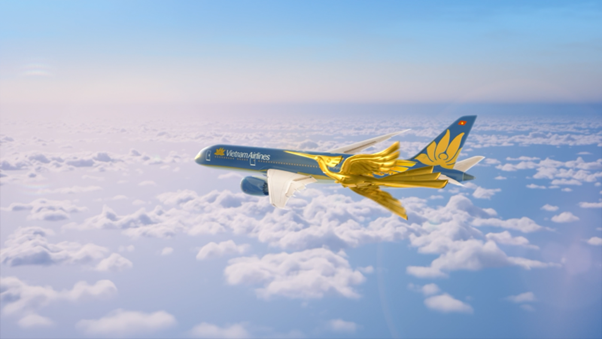“Higher jet fuel prices lead to higher ticket prices,” Kirby told CNBC’s “Squawk on the Street.” “Ultimately, we’ll pass that through.”
United forecast average fuel costs of $2.39 a gallon in the fourth quarter, when it expects a surge in bookings from the end-of-year holidays and recently loosened international travel restrictions. That’s up from $2.14 a gallon in the third quarter and the $2.02 on average it paid in the fourth quarter of 2019.
Delta Air Lines last week warned more expensive fuel would squeeze its bottom line in the fourth quarter.
U.S. jet fuel on Tuesday was $2.3282 a gallon up more than 115% from a year ago, according to S&P Global Platts data.

Kirby said higher demand usually drives fuel prices up. The increase in travel is a welcome trend for an industry that continues to struggle to return to profitability.
United posted a $473 million profit for the third quarter, thanks to $1.1 billion in federal aid, though a surge in delta variant cases of Covid-19 weighed on its bottom line. The Chicago-based airline reiterated that it expects its 2022 costs, excluding fuel, to be lower than 2019.
United’s shares were down nearly 1% in afternoon trading Wednesday.
Kirby credited United’s relatively conservative capacity additions in the last few months when asked why the carrier didn’t have the mass cancellations that have hit competitors, such as Southwest Airlines last week. Southwest recently trimmed its fall schedule and after axing more than 2,200 flights earlier this month as it struggled with bad weather and a staffing shortfall, said it could cut more.
“We didn’t get out over our skis,” he said on a call with analysts and reporters on Wednesday.
Kirby also said the Biden administration’s vaccine mandates could pose a risk to the operations of some of its rivals. United says that more than 96% of the company’s staff is already vaccinated against Covid-19 after it implemented its own mandate in August, which put employees at the risk of losing their jobs if they didn’t comply or get an exemption.
American Airlines, Southwest Airlines and others, like United, are federal contractors and have said they would comply with the government mandate. American and Southwest this week said they wouldn’t put staff on unpaid leave if they are applying for or have received medical or religious exemptions, a different approach than United, which said employees with exemptions would be put on unpaid leave. A federal judge in Fort Worth, Texas, however, temporarily blocked United from doing that amid a lawsuit from staff over the practice.
The deadline to comply with the federal mandate is Dec. 8.
“Customers can book with confidence on United, we’re done with [implementing the mandate],” Kirby said. “But if you’re booking on an airline that doesn’t have a vaccine requirement, they’ve got government rules they have to follow. Caveat emptor.”
American and Southwest declined to comment. Both airlines are scheduled to report third-quarter results before the market opens Thursday.
One gray area at United and other carriers is whether the regional airlines that fly many of their routes will be subject to the federal contractor mandate, which doesn’t have a testing option, or forthcoming rules for large companies, which will likely allow employees to test regularly instead of being vaccinated.
Cre: CNBC
Nguyen Mai Huong-COMM










